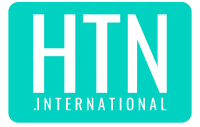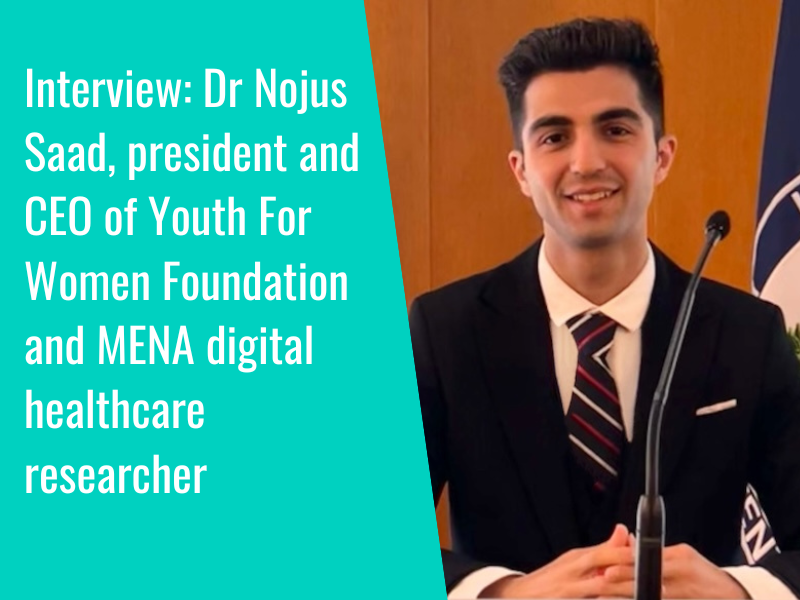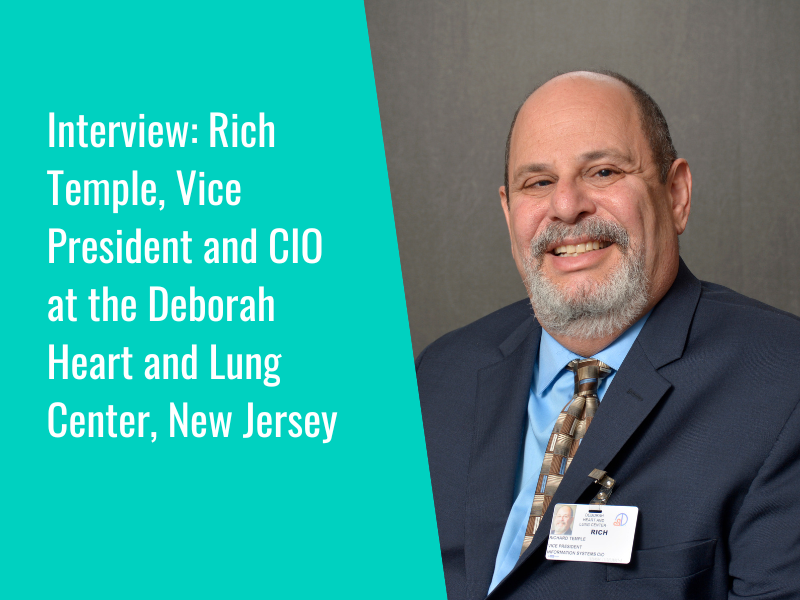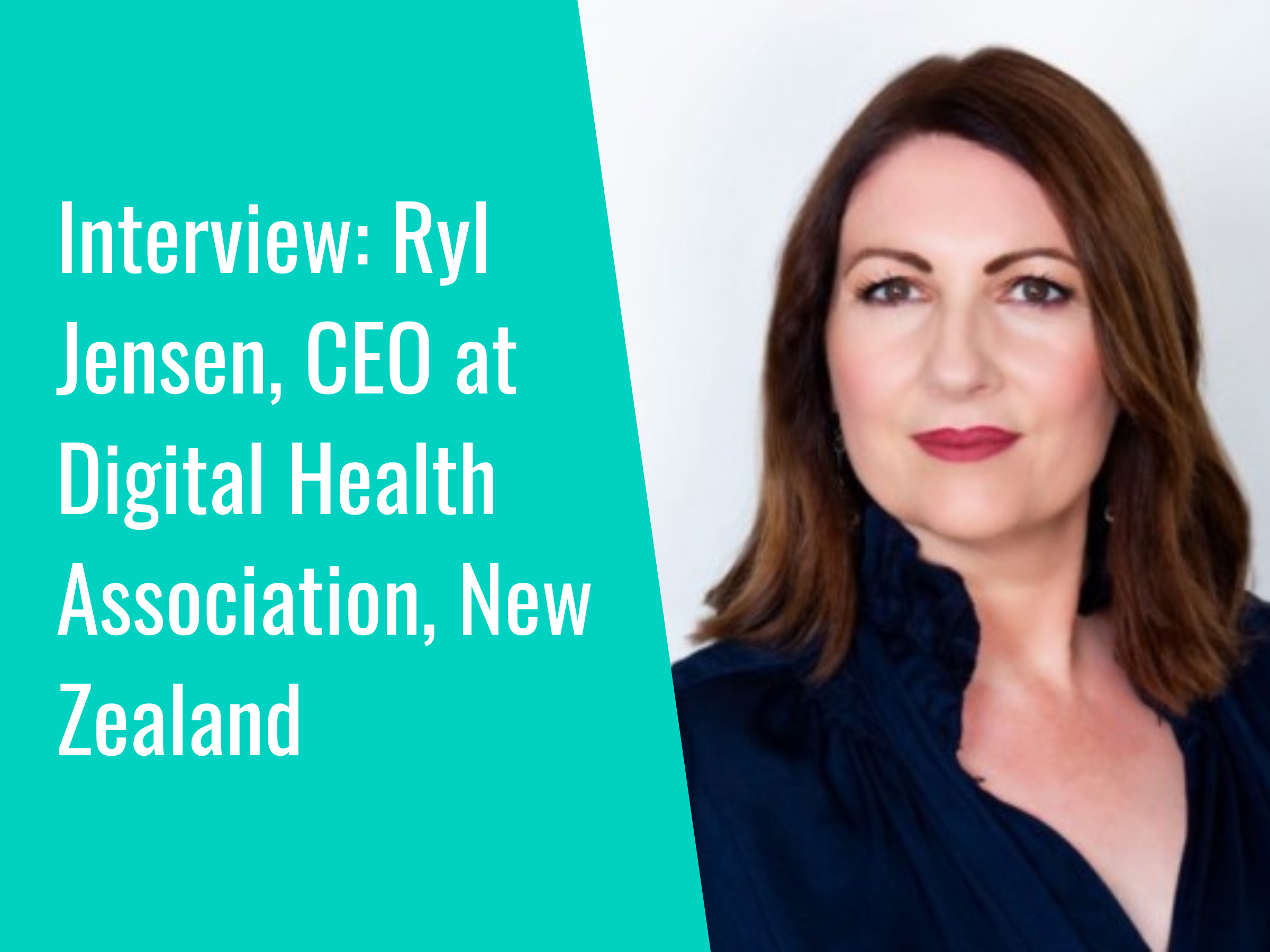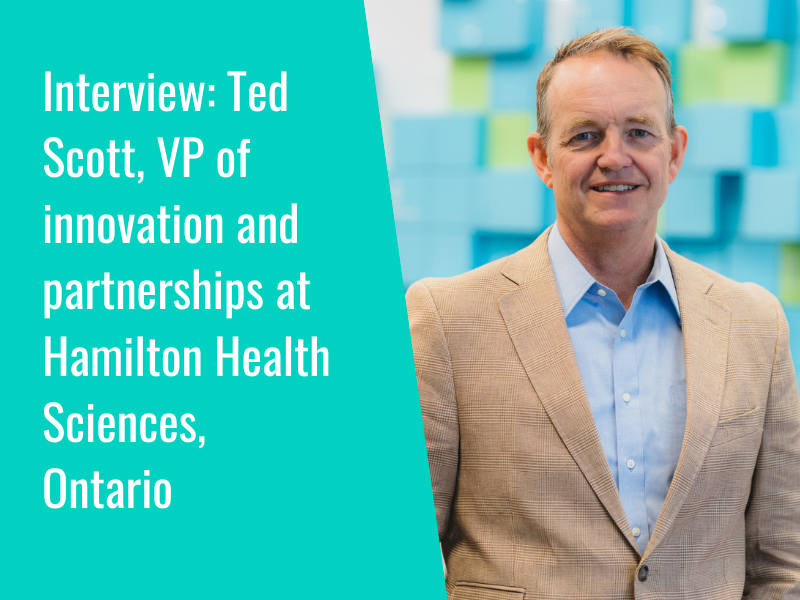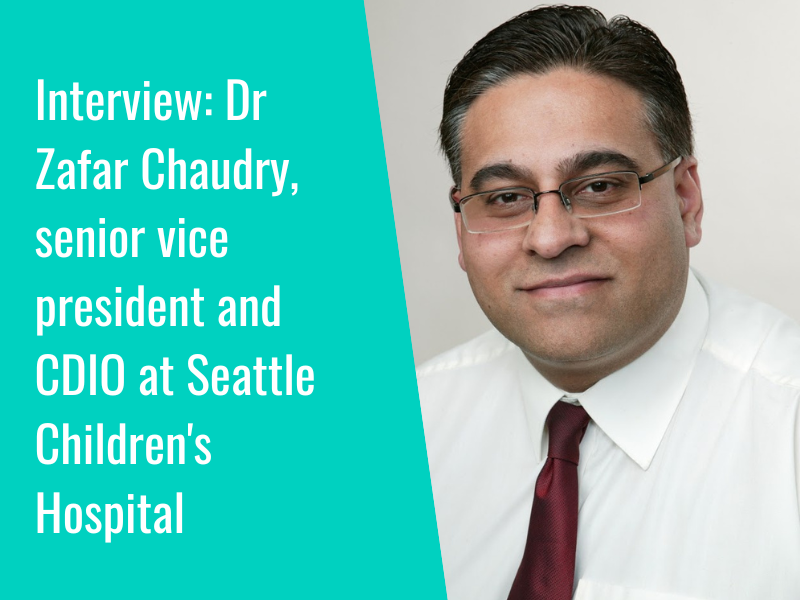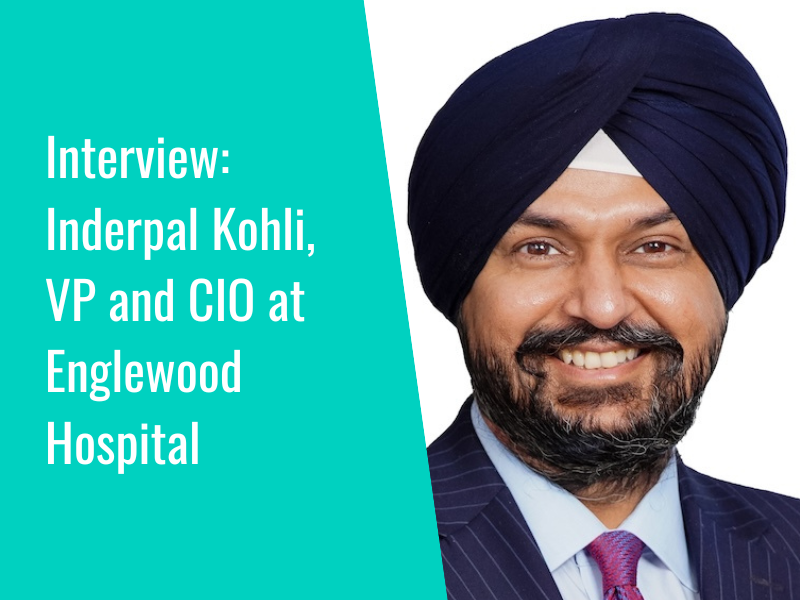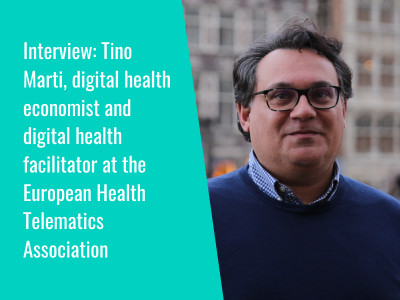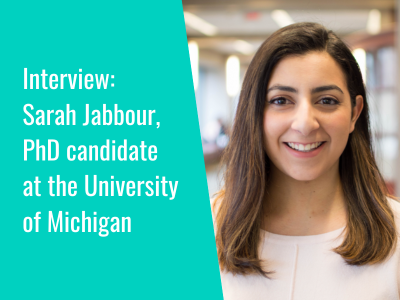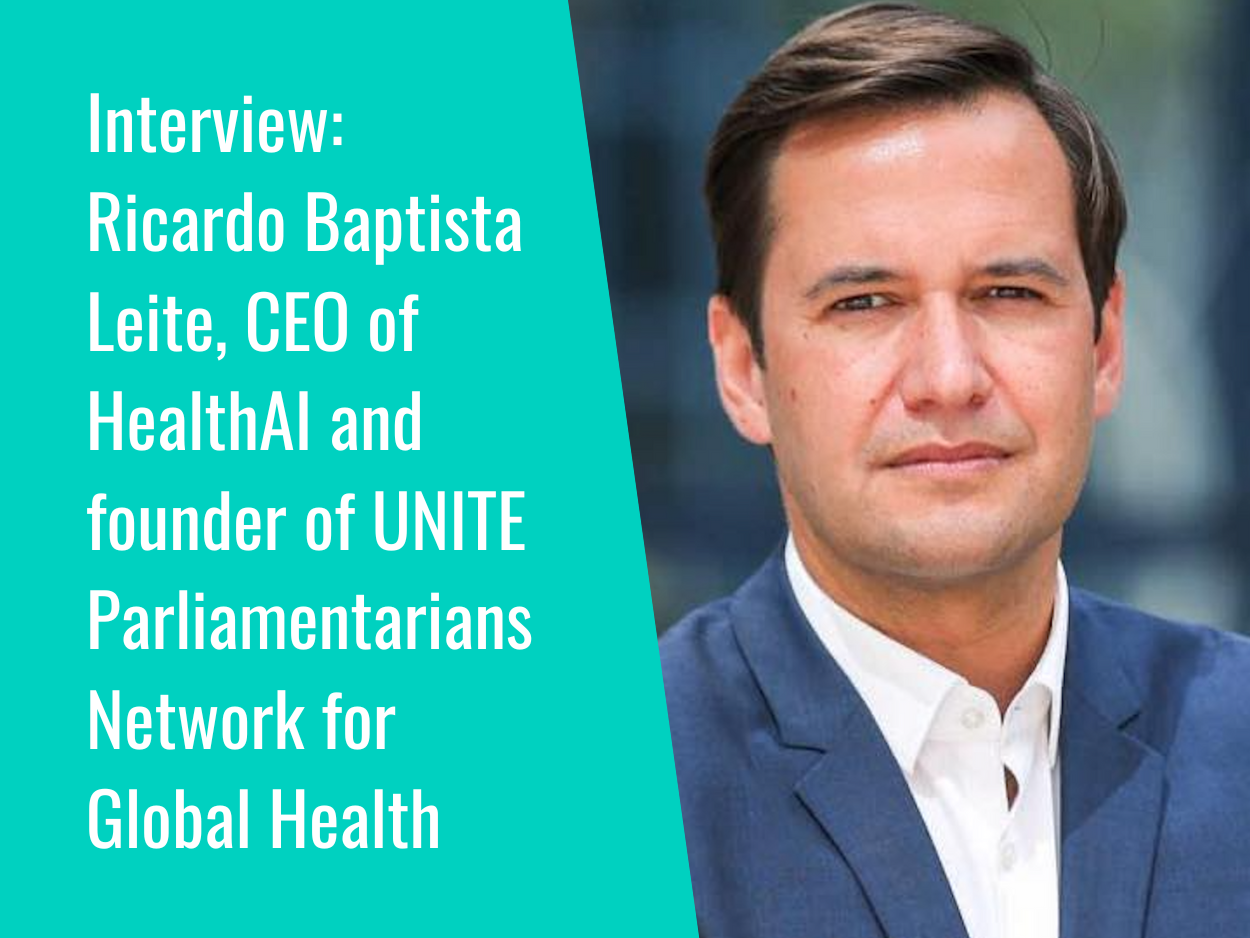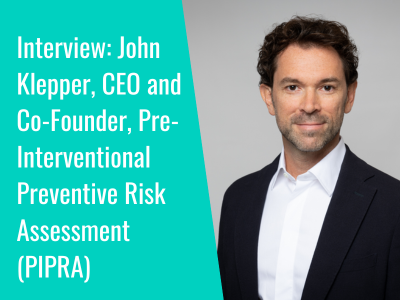At Web Summit in Lisbon, we spoke with Wiktor Żołnowski, founder of Polish start-up Health Folder: an app collating medical documentation to support patients in keeping on top of their healthcare journey.
Hi Wiktor! Thanks for chatting to us. Can you introduce yourself and tell us the story behind Health Folder?
I’m a serial entrepreneur with lots of experience in building software for start-ups, including medtech and fintech. As I’ve been using my skills to build start-ups for others, I decided to have a go at building my own.
The story behind Health Folder itself is quite different, however. Last year I was diagnosed with cancer. I’m fine now, but what I noticed was that after just two or three months of treatment, I collected a very thick folder of medical documentation. When I saw my doctor, we would spend 20 minutes just searching through that documentation for my parameters before my surgery and after my surgery. I actually asked my doctor if it was something that I was doing wrong, the way I was struggling to keep on top of it, but he assured me that it was the same for everybody. I asked him if there was any app to help, and he said no, you can’t change the system. So I thought: okay, let me see what I can do.
That’s how I figured out that there was room for building this medical documentation app that is focused on the paper folders that patients are taking with them from doctor to doctor, hospital to hospital, specialist to specialist. When I came back three months later to this doctor to show him the prototype of the app, he was quite impressed by it. After lots of discussion and examination, my doctor ended up becoming my business partner. So my own surgeon has become the co-founder of Health Folder and he’s obviously well placed to bring his medical expertise to the app, which is great.
How would you describe Health Folder?
It’s a medical documentation app that anyone can use, with a basic version available for free. People can digitise their paper documentation or upload their electronic documents that they already have. It means that documentation is travelling with the patient, wherever they go. That way, we can provide a holistic view of the patient so that doctors are not only focusing on a fragment of data; they have a portal where they can see the patient as a whole.
What stage is the app at now?
The first version of the app went into production at the end of August. We already have more than 1,000 active users – by that I mean users who have already uploaded some documents to the application. We’re collecting their feedback and pulling data to look at how they are using the app so that we can optimise their experience.
Our current aim is to increase the number of people who are using the app to upload their documents. We’re thinking about testing a subscription model for users, and we are going to focus on some business-to-business calibrations – for example, a generation of the app for private hospitals. Since we know what patients are experiencing and what they value, we can provide the app as a good facility to make patients’ lives easier.
We are also planning to introduce family profiles through the app. I think appealing to family units is key to raising awareness of health and digital health in Poland – our population is ageing, but alongside that, we have a lot of environmental issues that mean people are getting sick more often. More people are getting cancer, for example. So there is a growing need for medical treatment. People are getting more and more aware of that, and unfortunately, I think a key aspect of that awareness is word of mouth through someone you know developing a condition. It’s the most convincing way of raising awareness – not through television or newspaper, but through a family member receiving a diagnosis that encourages the rest of that family to go and get themselves screened.
What about digital health in the wider landscape in Poland, how is that looking?
I think the problem that Poland is looking to solve is one that is shared by many different countries. I’ve heard a lot about it from talking to people at Web Summit, and we are all having the same experiences. Digitalisation is not the problem – it’s connecting everything up.
I would say that the private sector is doing okay for digital health in Poland, but the public sector is struggling. The private facilities – and there are a lot – do tend to have things like electronic health records, and these systems are fairly optimised. The problem is, they are not interconnected. All of the patient data is fragmented across different systems, and the only source of knowledge for patients is the physical paper folder that they carry. In my own experience, for example, most of the paper documentation I had in my folder was printed PDF files from various systems. That information has already been digitised, but in order to get them all in one place they have to be printed onto paper.
In the public sector, there is a central system, but to my knowledge, last year there was only 17 percent of documentation for medical events recorded in the system. There might be a report that you’ve had a CT scan, but it doesn’t mean that you have the documentation from that scan available to you.
Hopes for the future
In ten years, I would like to have a virtual medical clinic on a global scale, for people who want to focus on the prevention of illnesses.
Early diagnosis can save lives – this is something that I have faced personally through my own diagnosis. A lot of people struggle with their health, and not everyone is screening themselves regularly. I would like to build a virtual clinic through which people can get a subscription for all the tests that they are eligible for, so that they can actually predict anything that might happen.
It’s where I’d love to be in ten years – I don’t know whether Health Folder will go in that direction or whether this will be something else that forms as a result of my work in this area, but that’s what I aspire to.
Many thanks to Wiktor for taking the time to join us.
- 1
- 2
